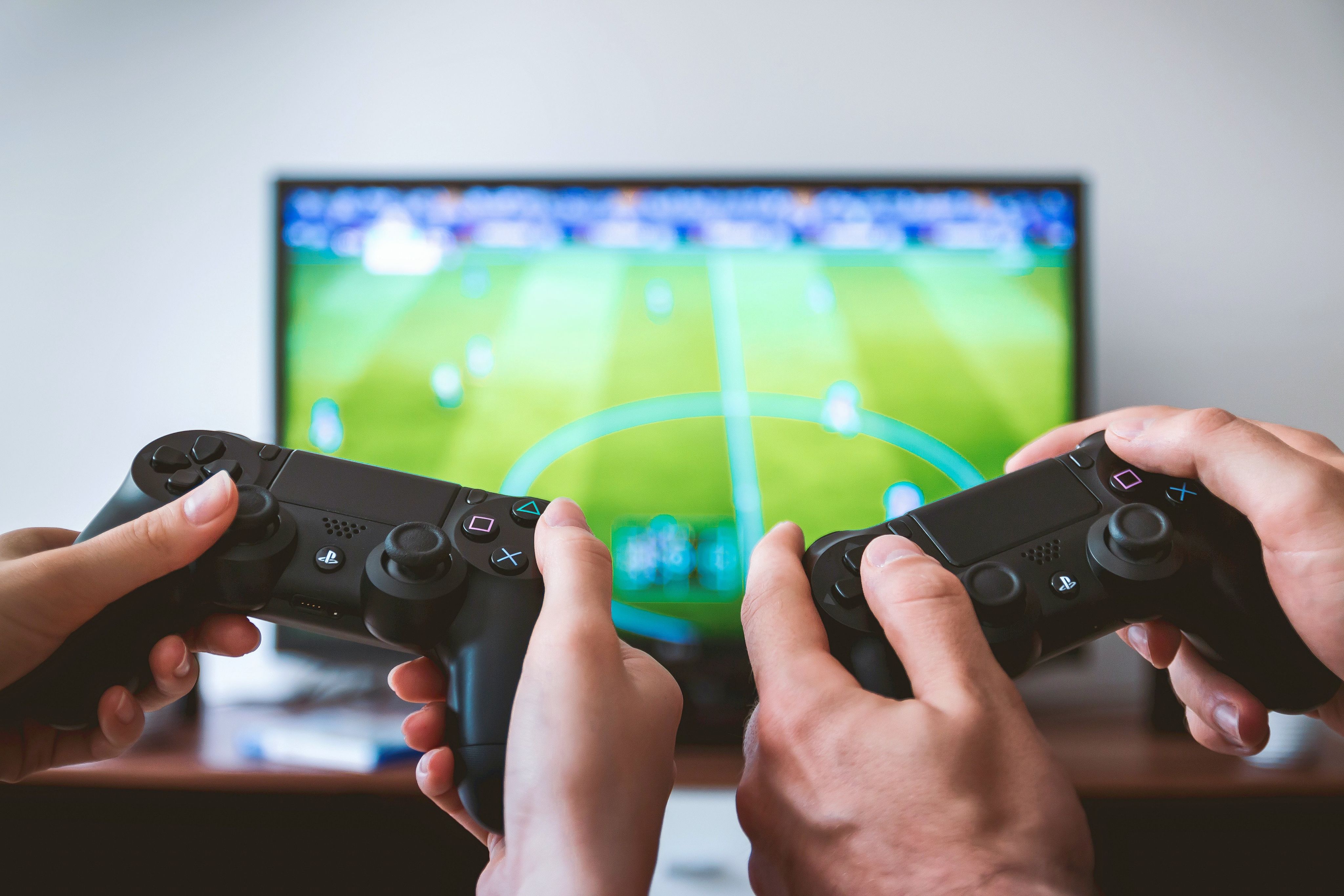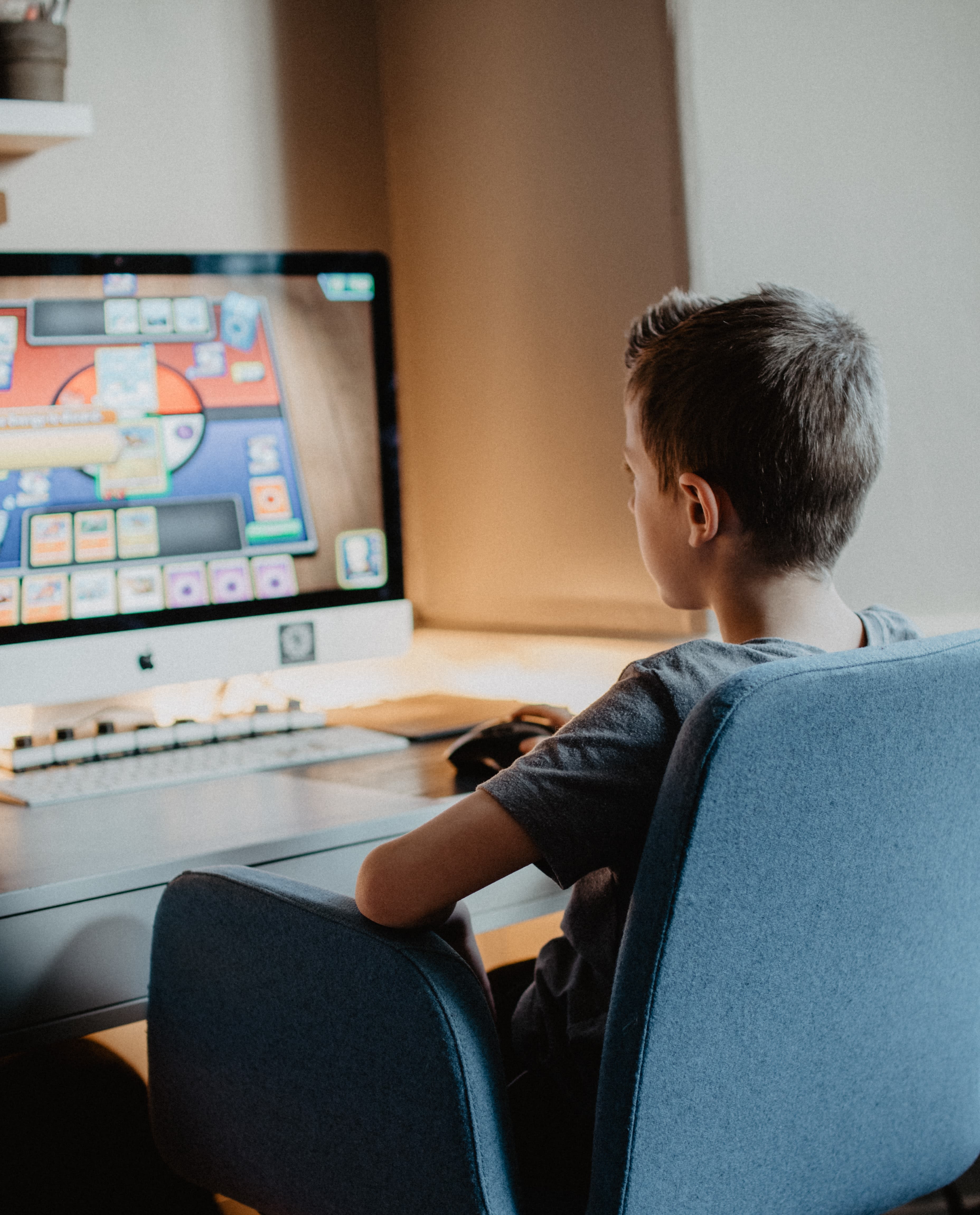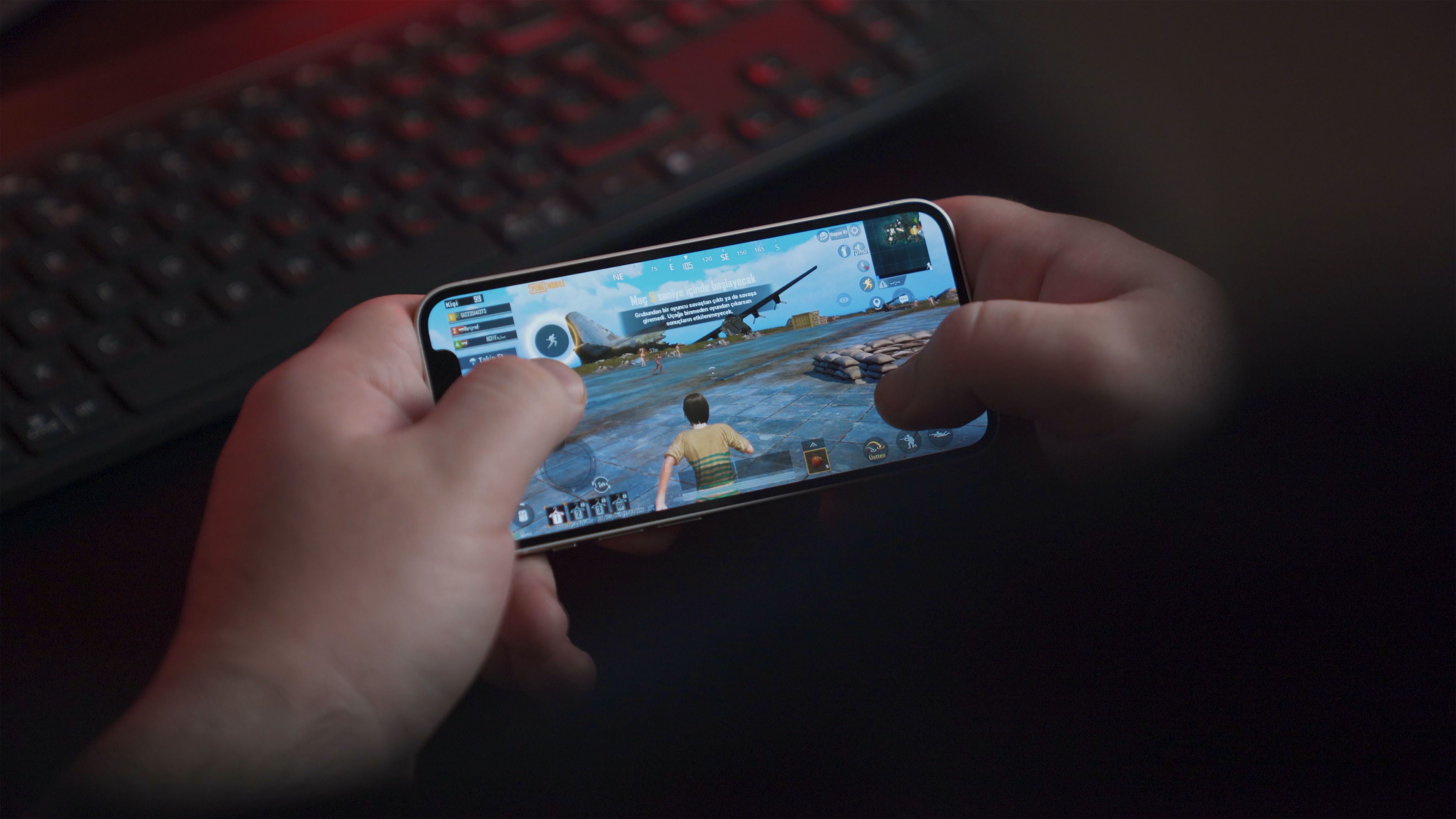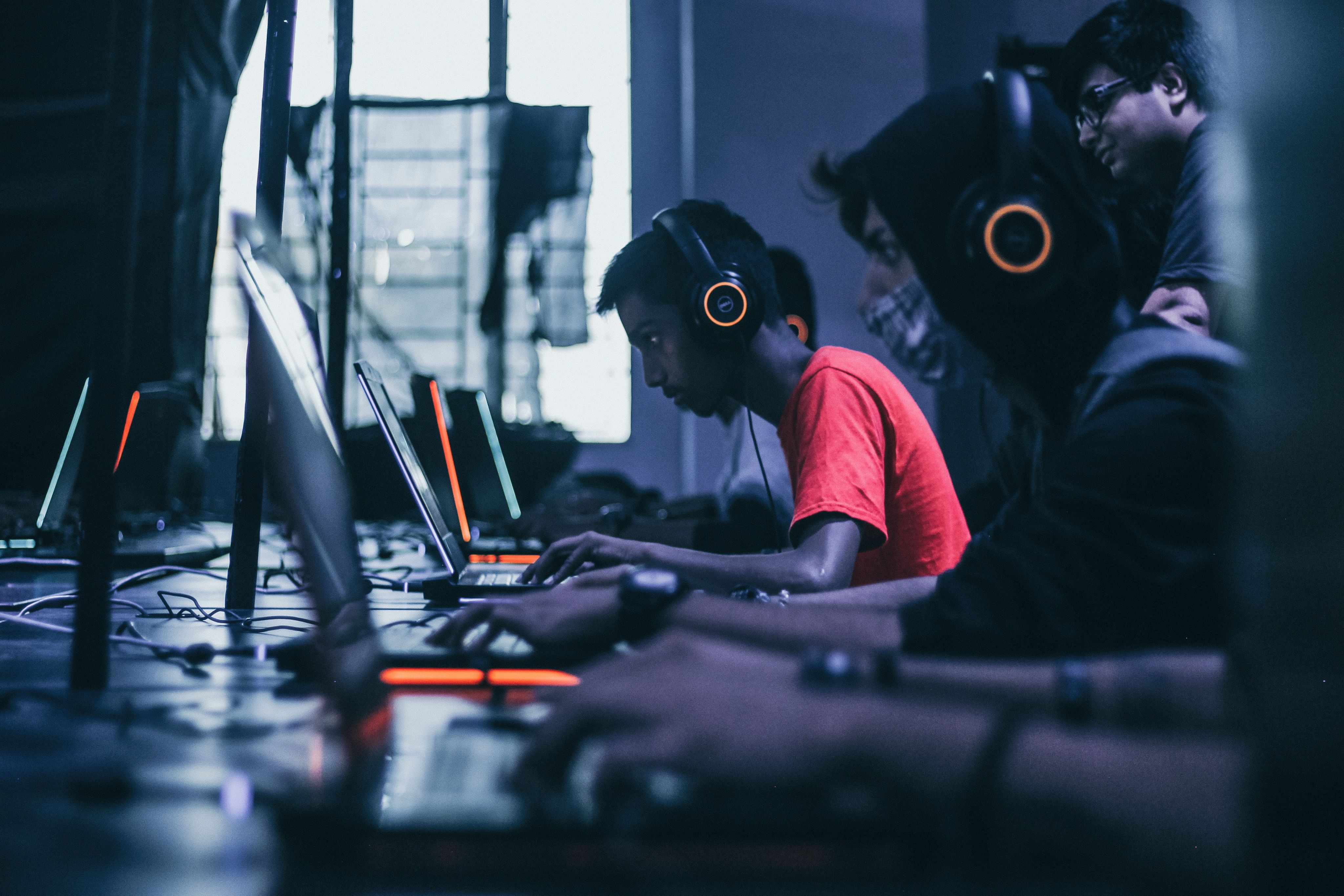The Role of Video Games In Childhood Studying

The E-sports industry or more commonly known as the gaming industry has gotten as big as ever. We see various tournaments being held all over the globe with attactive prizes and it definitely has lured the younger generation towards the industry, making them believe they can attain and build a promising career. Who wouldn't want a million dollars in their bank account by the age of 25, right? From a career standpoint, yes video games do provide a luxurious career, if you are good at it. But are you aware that video games also benefit children when it comes to their studying and learning? Although gaming has been stereotyped as a negative, that can sound a little weird but here's how:

Helps Children Pick Up New Skills
Researchers over the years have found that educational and interactive video games have given the opportunity for children to develop their brains and creative thinking. These genre of games actually allow children to use their cognitive thinking to sort puzzles and certain missions in games. For example, a game like 'Uncharted' can deceive people into thinking that it is a fully action packed game, but the fact of the matter is, a lot of the game requires out of the box thinking in order to proceed to the next stage. So, it can be considered as an educational game that challenge children's creative and problem solving thinking.

The Parent Child Game Experience
Many researches and studies have also shown that parents can play a vital role in their child's development with video games. It is understood that when parents interact with their child in regards to the content of the game while they are playing, they get better educated about the game and are able to grasp information more efficiently, to which this can be applied for almost every other aspect of their life. These interactions for example can be via a Q&A session while they are playing. Children being able to understand why they do what they do is a good stepping stone for their development, and training them to do so ensures they have a curious mind and having the want to constantly learn.

Improved Reaction Time and Cognitive Skills
As mentioned earlier, it is pretty natural for a parent to be or feel worried about their child investing their time in video games. As a counter to that point, further research in various institutions in the United States have proven that children who do play video games are quicker in terms of their reaction time and cognitive tasks. There are many games in the market these days, and one of the more popular are the first person shooter (FPS) games. Yes, the first thought that would come to your mind is "violence" but if you were to look into the positive side of it, this is where the reaction rate and cognitive thinking comes into play. Games as such require its players to react fast and strategise their approach, in which they will be able to develop skills and apply it to their studying as well. When it comes to completing tasks efficiently, these skills developed from a young age will be valuable.

In conclusion, video games can play a positive role in children's studying, based on the skills that they will develop. It is important to understand that too much of everything is bad, and the same does apply to video games. Parents should ensure their children get educated while playing video games, not addicted. The good side of video games is worth exploring, especially if it brings good value to children.


